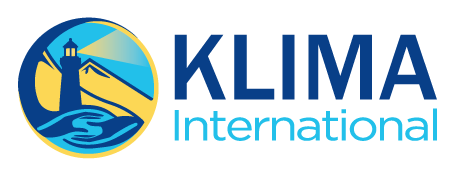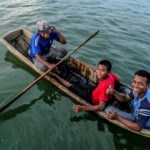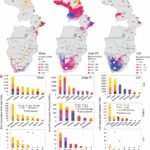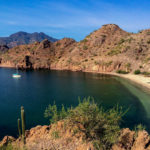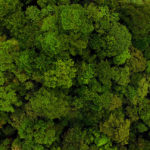Project: Fulbright Coastal Vulnerability Map
Project Details
How can we use existing data to understand the vulnerability of the Baja peninsula to predicted sea level rise? For this project, Jess collaborated with local and international non-profits, academic institutions, governments, and local individuals to understand how to create a usable vulnerability map using an ecosystem services model. She partnered with the Mexico Foundation for Nature Conservation (FMCN), the Autonomous University of Baja California Sur (UABCS), the National Laboratory of Sustainable Science (LANCIS) at the Autonomous University of México (UNAM), the Environmental Defense Fund (EDF), and The Nature Conservancy (TNC) to develop and implement collaborative opportunities for knowledge sharing between scientists, policymakers, and local practitioners.
Jess utilized the Natural Capitol Project’s InVEST software to integrate biophysical, ecological, and social data to map the areas with the most social vulnerability to sea level rise. The resolution and user interface of this tool spurred future projects with integrated social data with finer granularity and local stakeholder valuation.
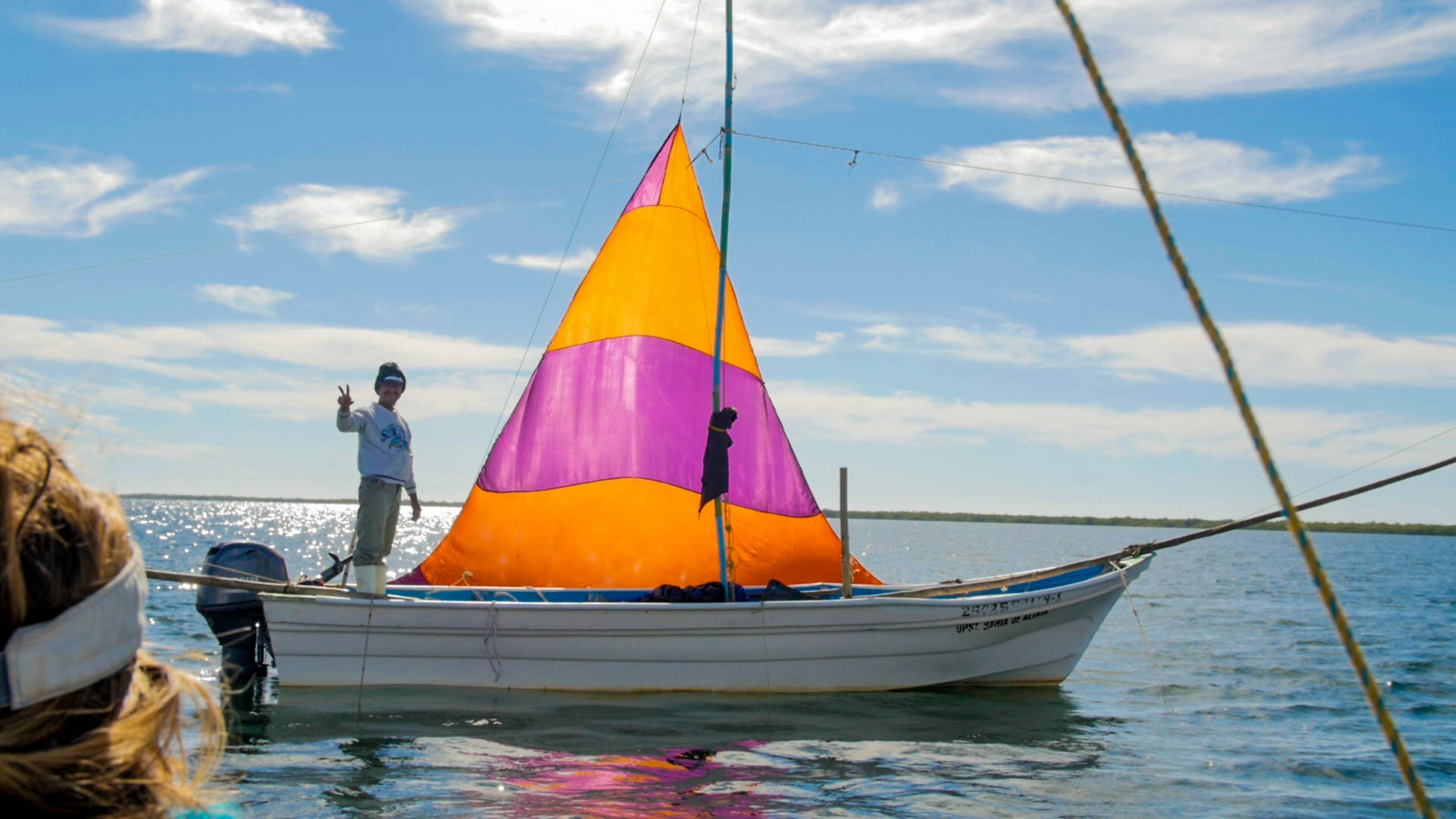
View Our Interactive Map
Check out our interactive map displaying our most recent projects all over the world.
Recent Projects
Project: Institute of Current World Affairs Climate Fellowship
We’ve heard about Pacific Islanders imminently displaced by rising seas, but limited news reports and even less research emerges from Latin America and the Caribbean regarding the impacts of climate change.
Project: Africa Clean Energy Corridor
As Africa’s energy needs grow, countries look to develop wind, solar, and geothermal resources to build a thriving regional energy market. To promote energy access and lower energy poverty, we calculated the levelized cost of energy…
Project: Kosovo Renewable Energy Strategy
Kosovo, one of the world’s youngest countries, burns dirty lignite coal for electricity only a few miles from the capital city. These power plants are among the three dirtiest in Europe, increasing Kosovo’s emissions while endangering the health of its citizens.
Project: Fulbright NEXUS Map of Stories
New stories of climate change impacts and local adaptations emerge daily, both in local news and academic publications. Yet the local information and academic research rarely inform each other.
Project: Carnegie Institute Andes-Amazon Forest Monitoring
In tropical forests, local governments and organizations struggle to identify remaining intact forest. Satellite-based forest monitoring can help.
